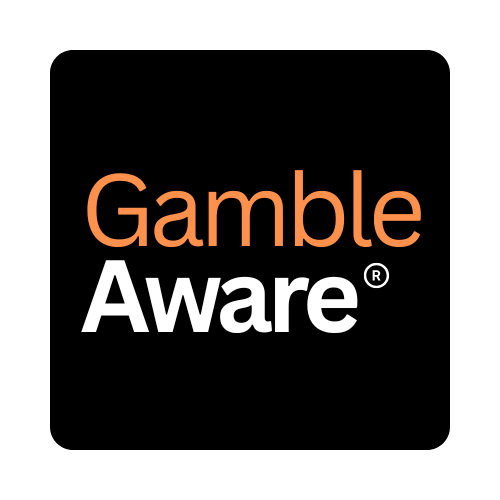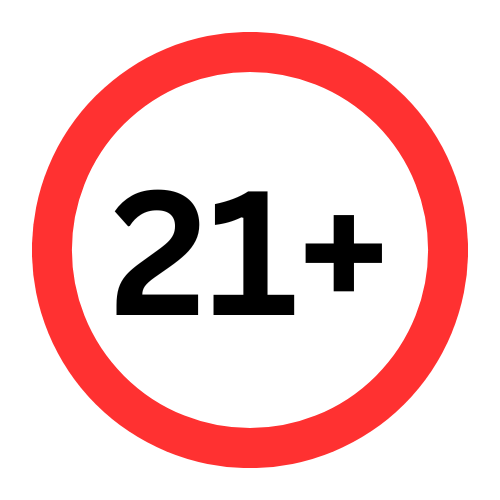Responsible Gaming
Horse racing should be an enjoyable form of entertainment. Learn about responsible gambling practices and find support when you need it.
What is Responsible Gaming?
Responsible gaming means gambling in a way that is enjoyable, within your means, and doesn't negatively impact other areas of your life. When it comes to horse race betting, this involves setting clear limits, understanding the risks, and recognizing when gambling stops being fun.
Horse racing is a sport with inherent unpredictability, and all forms of wagering carry risk. Responsible gaming ensures that your participation in horse race betting remains a positive recreational activity rather than a source of financial or emotional stress.
Setting Healthy Limits
Financial Limits
Set a specific budget for horse race betting that you can afford to lose. Never bet money needed for essential expenses like rent, groceries, or bills. Treat betting as entertainment, not an investment.
Time Limits
Decide in advance how much time you'll spend betting on races each day or week. Set alarms or reminders to help you stick to these limits and maintain balance with other activities.
Loss Limits
Establish a maximum amount you're willing to lose in a session, day, or month. When you reach this limit, stop betting regardless of the urge to continue or "chase" losses.
Taking Breaks
Regular breaks from betting are healthy and help maintain perspective. Consider taking days, weeks, or longer periods away from horse race betting to pursue other interests.
Warning Signs of Problem Gambling
It's important to recognize when horse race betting may be becoming problematic. If you notice any of these warning signs in yourself or someone you know, it may be time to seek help:
Financial Signs
- Betting more money than you can afford to lose
- Borrowing money to place bets
- Lying about how much money you've lost
- Using credit cards or loans for betting
- Neglecting bills to fund your betting
Behavioral Signs
- Spending increasing amounts of time thinking about or betting on races
- Feeling restless or irritable when trying to cut back
- Chasing losses with bigger bets
- Betting to escape problems or negative emotions
- Lying to family or friends about your betting activities
Emotional Signs
- Feeling guilty or ashamed about your betting
- Experiencing mood swings related to wins and losses
- Feeling anxious when unable to bet
- Depression or suicidal thoughts related to gambling losses
- Relationship problems caused by gambling
Self-Help Tools and Strategies
Budget Tracking
Keep detailed records of all your betting activity. Track wins, losses, and time spent. Many people are surprised by how much they actually spend when they start tracking accurately.
Reality Checks
Set regular reminders to assess your gambling. Ask yourself: Am I still having fun? Am I within my limits? Is this affecting other areas of my life?
Alternative Activities
Develop other hobbies and interests. Physical exercise, social activities, and creative pursuits can provide entertainment and stress relief without financial risk.
Support Network
Talk to trusted friends or family members about your gambling. Having people who can provide perspective and support is crucial for maintaining healthy habits.
Platform Responsibility Tools
Most reputable horse racing platforms offer tools to help you gamble responsibly:
Deposit Limits
Set daily, weekly, or monthly limits on how much you can deposit into your account.
Session Time Limits
Automatic reminders or forced logouts after spending a predetermined amount of time on the platform.
Cool-off Periods
Temporary self-exclusion options ranging from 24 hours to several weeks.
Self-Exclusion
Permanent or long-term exclusion from the platform if you need to stop gambling completely.
Professional Help and Support Resources
If you're struggling with problem gambling, remember that help is available. You're not alone, and seeking help is a sign of strength, not weakness.

National Council on Problem Gambling
Helpline: 1-800-522-4700
Website: ncpgambling.org
24/7 confidential helpline providing crisis counseling, referrals to local services, and information about problem gambling.

Gamblers Anonymous
Website: gamblersanonymous.org
Fellowship of men and women who share their experience, strength, and hope to solve their gambling problem and help others recover.

GambleAware
Website: gambleaware.org
Provides information, advice, and support for anyone affected by gambling problems, including family and friends.

GamCare
Website: gamcare.org.uk
UK-based support service offering information, advice, and support for anyone affected by gambling problems.
Crisis Resources
If you're having thoughts of suicide or self-harm:
- National Suicide Prevention Lifeline: 988
- Crisis Text Line: Text HOME to 741741
- Emergency Services: 911
Remember: Crisis support is available 24/7, and you don't have to face this alone.
Age Verification and Legal Requirements

You must be at least 21 years old to participate in horse race betting in most US jurisdictions. Age verification is not just a legal requirement but an important protection for young people who may be more vulnerable to developing gambling problems.
If you're under the legal gambling age, we encourage you to enjoy horse racing as a sport through other means such as attending races as a spectator, learning about the sport's history, or following your favorite horses and jockeys.
